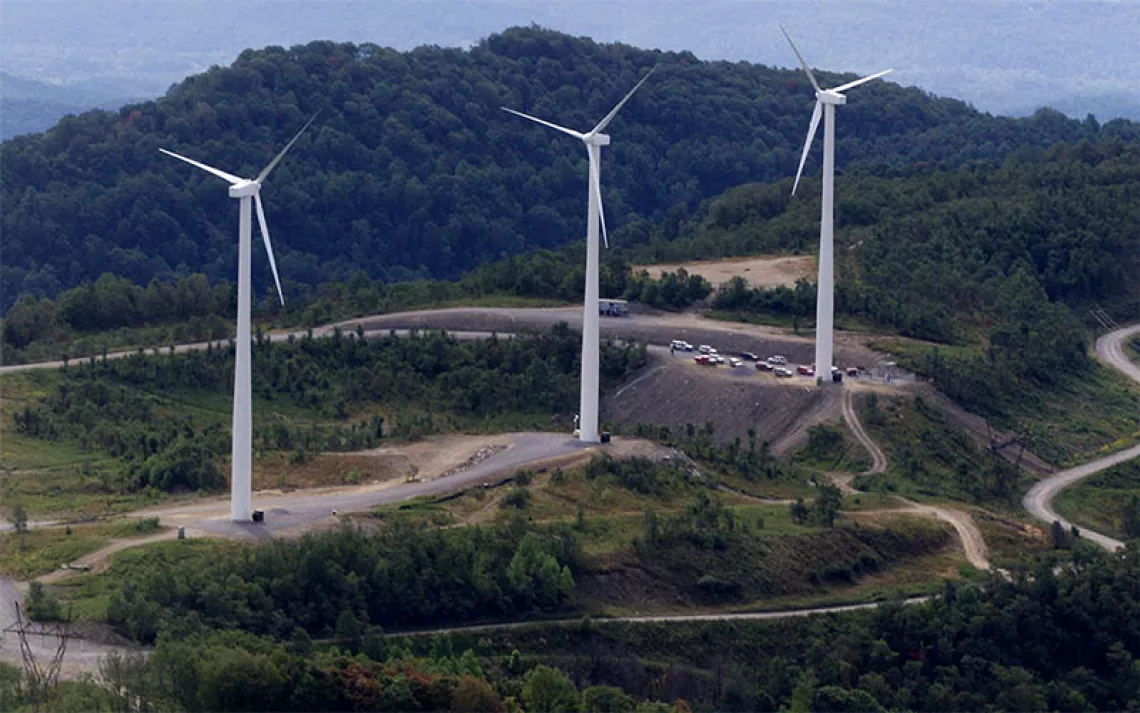5 Environmental Stories You Don't Want to Miss

Photo by iStock/MaggyMeyer
POLLUTED PARKS: California’s beloved Yosemite, Joshua Tree, King’s Canyon and Sequoia national parks are some of the most polluted in the nation, according to a report released Tuesday by the National Parks Conservation Association. The report, which graded 48 of the country’s 59 national parks, found that these four California parks have levels of ozone that are unhealthy for summer visitors and an average of 50 miles of visibility obscured by haze pollution.
GOOGLE MAPS POLLUTION: U.S. tech startup Aclima announced yesterday that it has partnered with Google to supply Google’s street view cars with air quality sensors that will allow them to measure pollution. This will complement the EPA’s current air quality monitoring network by tracking changes in air quality at street level.
CECIL THE LION: A dentist from Minnesota became the one of the most hated men in America this week when authorities identified him as the killer of Cecil, a lion being tracked by the Oxford University research program in Hwange National Park in Zimbabwe. Walter J. Palmer allegedly paid over $50,000 to hunt the beloved lion, whom was lured out of the park with bait before being killed, skinned, and decapitated. Though Palmer claims he relied on his guides to “ensure a legal hunt,” he’s gained international notoriety and has since closed his dental practice and gone into hiding.
WIND FARM: Construction has begun on America’s first commercial-scale offshore wind farm. Deepwater Wind, the company developing the five-turbine farm off the coast of Rhode Island, hopes to build other farms in the Atlantic to catch the U.S. up to its foreign rivals in offshore wind power.
FILL 'ER UP: The delivery service announced that it will buy up to 46 million gallons of renewable diesel over the next three years, as part of its plan to displace 12 percent of the petroleum-based fuels in its ground fleet by 2017.The fuel will be made from various bio-based materials, including palm and waste oils, and animal fats.
 The Magazine of The Sierra Club
The Magazine of The Sierra Club







